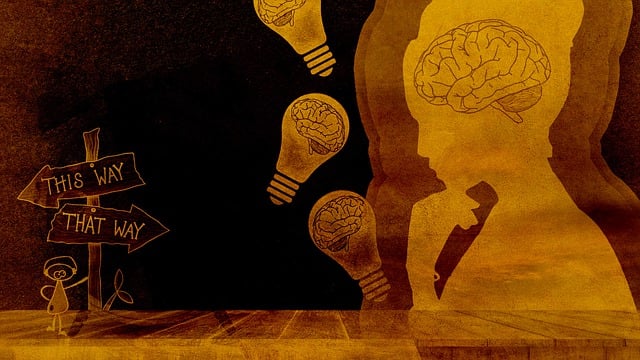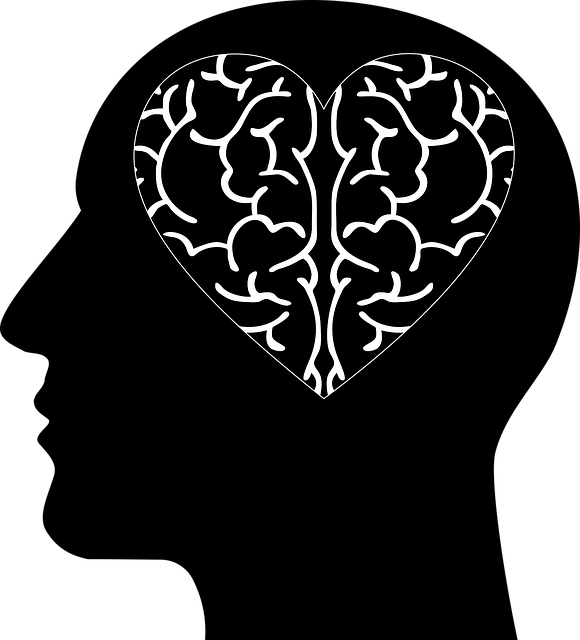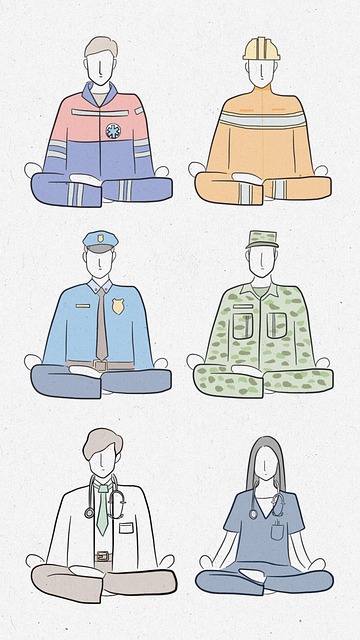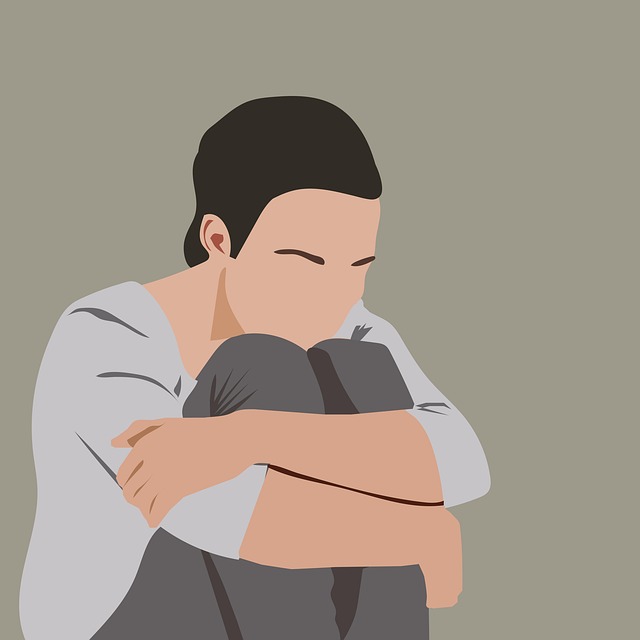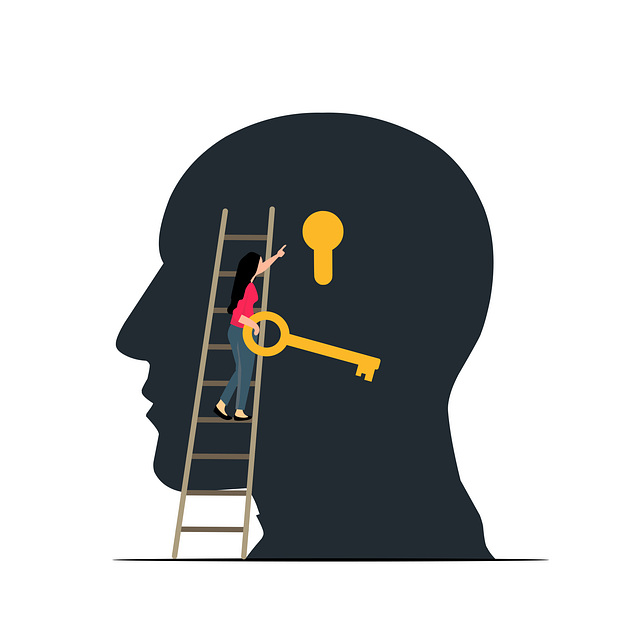Loss, grief, and bereavement significantly impact mental wellness, especially for elderly individuals. Littleton Geriatrics Therapy offers specialized support through tailored communication strategies, community outreach programs, and resources like the Mental Wellness Podcast Series. Their holistic approach combines evidence-based techniques, cultural competency, and mindfulness practices to help seniors process emotions, reconnect with communities, and enhance overall well-being after loss.
Loss, grief, and bereavement counseling are vital aspects of emotional support, especially for the elderly. As life expectancies increase, so does the need for specialized care like that offered by Littleton Geriatrics Therapy. This article explores the complex journey of understanding loss, delving into effective counseling strategies to help individuals cope with grief. We examine how Littleton Geriatrics Therapy plays a crucial role in supporting the unique needs of the elderly during this challenging period, providing them with the tools to navigate and heal from their losses.
- Understanding Loss, Grief, and Bereavement: The Need for Counseling
- The Role of Littleton Geriatrics Therapy in Supporting Elderly Individuals
- Effective Strategies and Techniques in Grief Counseling for Better Coping
Understanding Loss, Grief, and Bereavement: The Need for Counseling

Loss, grief, and bereavement are complex emotional processes that can significantly impact an individual’s mental wellness. Understanding these concepts is crucial for anyone seeking counseling services, especially through specialized centers like Littleton Geriatrics Therapy. When a loved one passes away, it leaves behind a void that can be challenging to navigate. Grief is the natural response to loss, characterized by a range of emotions such as sadness, anger, guilt, and confusion. Bereavement refers to the period after a significant loss, during which individuals adapt to their new reality without their cherished presence.
The need for counseling arises from the fact that these reactions can be overwhelming and prolonged, affecting daily functioning and overall mental health. Littleton Geriatrics Therapy offers support through various communication strategies tailored to individual needs. Their community outreach program implementation aims to make counseling accessible, while their Mental Wellness Podcast Series Production provides valuable insights and resources for those dealing with loss and grief. These initiatives ensure that individuals have the tools and guidance necessary to navigate this difficult journey and foster a healthy recovery process.
The Role of Littleton Geriatrics Therapy in Supporting Elderly Individuals

Littleton Geriatrics Therapy offers specialized support for elderly individuals navigating loss and grief, recognizing that aging brings unique challenges. This therapy focuses on fostering inner strength development in seniors, empowering them to cope with life’s transitions. Through personalized sessions, therapists provide a safe space for clients to express emotions, share memories, and process their losses, be it the passing of a spouse or the struggle with declining health.
In addition to crisis intervention guidance tailored to each individual’s needs, Littleton Geriatrics Therapy facilitates social skills training. This aspect is crucial in helping elderly folks reconnect with communities, fostering meaningful interactions and alleviating feelings of isolation often associated with grief and bereavement. By combining these approaches, the therapy aims to enhance overall well-being, enabling seniors to find solace, rediscover purpose, and adapt to life’s new chapters with resilience.
Effective Strategies and Techniques in Grief Counseling for Better Coping

Effective strategies and techniques in grief counseling play a pivotal role in helping individuals navigate the challenging journey of loss. At Littleton Geriatrics Therapy, we emphasize holistic approaches that cater to each person’s unique experience. Our counselors employ evidence-based methods such as cognitive-behavioral therapy (CBT) to challenge negative thought patterns and promote healthier coping mechanisms. By integrating these techniques with a deep understanding of cultural competency, as highlighted in the Healthcare Provider Cultural Competency Training programs, we ensure sensitive and culturally responsive care.
Additionally, our counselors facilitate Stress Management Workshops designed to equip individuals with tools for emotional resilience. Through these workshops, participants learn effective Emotional Well-being Promotion Techniques tailored to their specific needs. We also incorporate mindfulness practices and support groups, fostering a sense of community and shared understanding among those experiencing grief. These comprehensive strategies empower individuals to find solace, process their emotions, and gradually adapt to life after loss.
In light of the profound impact of loss, grief, and bereavement on individuals’ lives, particularly the elderly, seeking professional support through counseling is crucial. The article has explored these complex emotions and emphasized the significance of access to effective therapy, such as that offered by Littleton Geriatrics Therapy. By understanding the unique needs of the grieving process, counselors can employ various strategies to aid in coping, offering a path towards healing and improved quality of life. Through tailored approaches, like those suggested for elderly clients, counseling becomes a powerful tool to navigate the challenges associated with loss.

